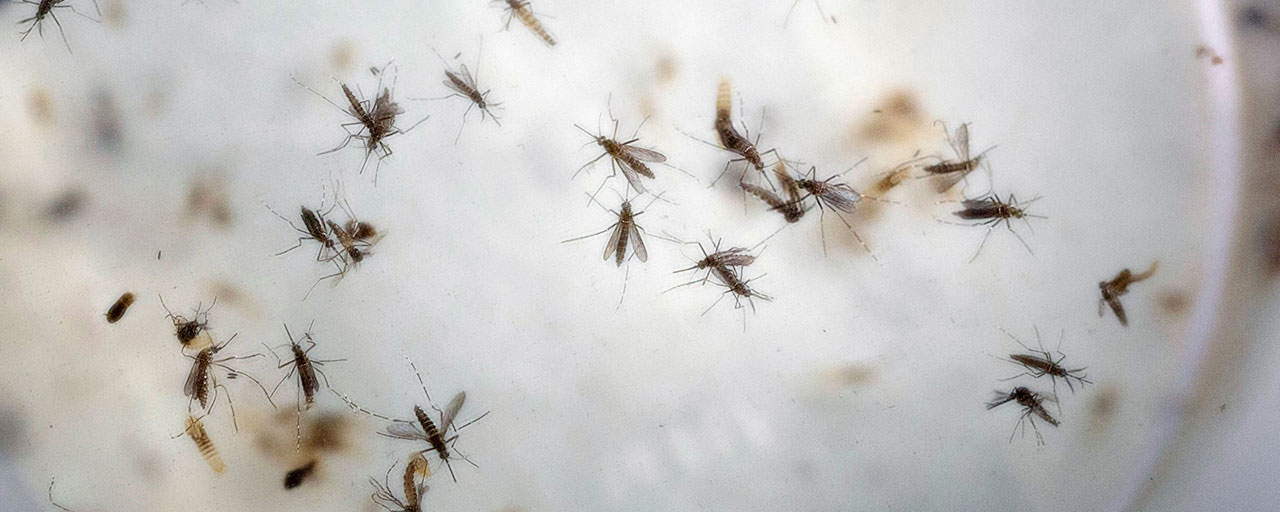
A clinical trial began Wednesday at the Walter Reed Army Institute of Research, where 75 participating healthy adults were vaccinated with a Zika virus vaccine that the institute’s scientists developed earlier this year, Walter Reed officials announced.
The Phase 1 trial will test the safety and immunogenicity — the ability of the vaccine to trigger an immune response in the body — of the purified, inactivated Zika virus vaccine called ZPIV. The vaccine is being tested at WRAIR’s Clinical Trial Center in Silver Spring, MD.
“The Army has moved efficiently from recognizing Zika virus as a threat, producing ZPIV for use in animals and demonstrating its effectiveness in mice and monkeys, producing ZPIV for human testing, and now initiating clinical trials to establish its safety and build the case for subsequent efficacy trials,” Army Col. (Dr.) Nelson Michael, director of WRAIR’s Military HIV Research Program, or MHRP, and Zika program co-lead, said in a statement.
Efficacy refers to the vaccine’s ability to demonstrate a health effect when tested in a clinical trial.
“All of this,” he added, “was done in 10 months.”
Dr. Kayvon Modjarrad, Zika program co-lead and associate director for emerging infectious disease threats at WRAIR’s MHRP, said the Army was able to move so quickly in developing, manufacturing and testing a Zika vaccine “because of its extensive experience with this vaccine platform and longstanding investments in the understanding and mitigation of flaviviruses like yellow fever, dating back to the founding of WRAIR.”
WRAIR officials say this study is part of the Defense Department response to the ongoing Zika outbreak in North and South America and Southeast Asia.
(Source: Associated Press)
Filed Under: Drug Discovery




